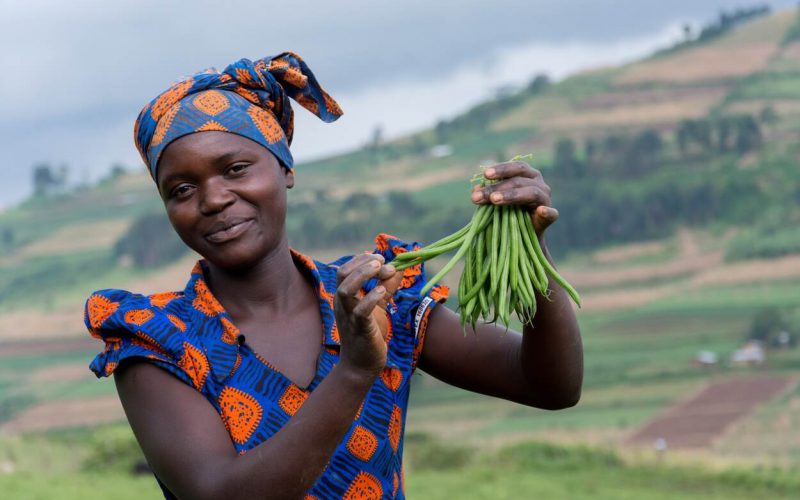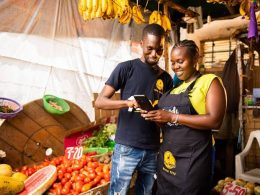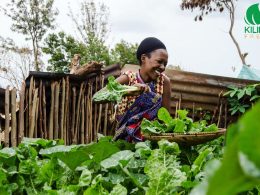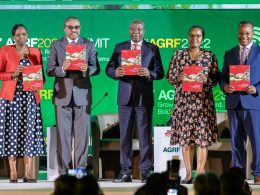By Mark Kawalya
In sub-Sahara Africa, 69% of organic waste is either dumped in landfills or burned, contributing to nearly half of all toxic environmental emissions. While 80% of Uganda’s generated waste is organic, only 40% of it is collected and very little of it is recycled.
Kampala alone produces 480 metric tonnes of organic waste per day, which poses a big waste disposal problem.
To combat the problem of poor waste management, Marula, a locally based agribusiness startup, has been using waste as a catalyst in their insect processing farms, which are later matured into feeds for animals.
Pig and fish production has been growing steadily in Uganda over the last ten years, necessitating a need for a more balanced type of animal feed. Pig farming has enormous opportunities for Uganda’s smallholder farmers, but the uptake of this economic activity is greatly hampered by the unavailability of a robust quality feeds production industry. Adding value to organic waste provides the additional advantage of addressing the problem of animal feeds shortage in the country.
The firm has partnered with KCCA (Kampala Capital City Authority) to process more than 230 metric tonnes of organic waste, to help alleviate some of the city’s waste burden.
The world population is projected to increase from 7.8 billion in 2020 to 9.9 billion in 2050. This increase of more than 25% will require the world to dramatically increase its food production, making it necessary to have affordable and sustainable protein fertilizer sources.
Owing to its low feed conversion rate, aquaculture offers one of the most affordable means of feeding people, yet the industry also suffers from the unavailability of affordable stock feeds. Marula, through sustainable animal feed production, fills the gap by supplying larvae that are a rich protein alternative for fish.
The firm was co-founded by Tommie Hooft and Ludivine Berouard after the duo made trips through Uganda interviewing farmers to uncover some of the sustainability issues they faced. They learned that overfishing on Lake Victoria meant that poultry farmers were no longer able to access fishmeal, which is the primary source of protein in poultry feed.
This shortage severely curtailed the availability of the feeds, while also spurring high costs and low-quality feeds. Farmers were not able to run their businesses profitably enough to meet the high demand for quality protein.
The firm estimates that by 2022, their project will allow 2000 farmers to produce 32 metric tonnes of insect-based livestock as well as directly employ 105 youth.








